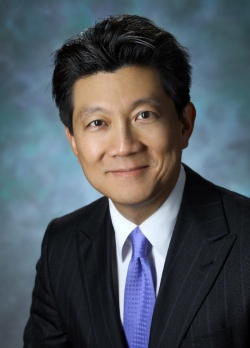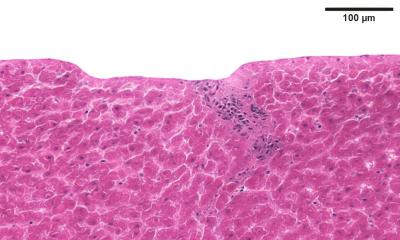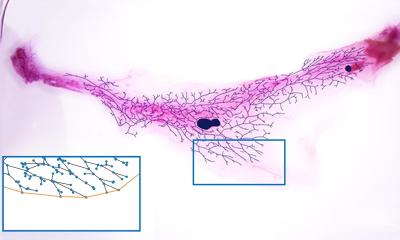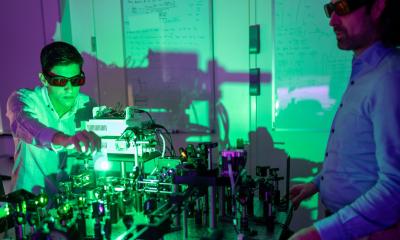John Hopkins established protocol to perform facial transplantation
Johns Hopkins surgeons have established a facial transplantation team and are in the process of obtaining approval from the University’s Institutional Review Board (IRB) of their protocol to perform the complicated procedure.

Face transplant surgery is a medical procedure that replaces all or part of a person's face with facial tissue from a deceased human donor. The surgery, an innovative reconstructive procedure, has the potential to significantly improve the lives of patients with severe facial injuries. The rare procedure — just five have been performed in the United States — can only take place with IRB approval. As of yet, no facial transplantation has been performed in Maryland.
The Johns Hopkins team will be led by W.P. Andrew Lee, M.D., who is the director of the Department of Plastic and Reconstructive Surgery. Chad Gordon, D.O., assistant professor of plastic and reconstructive surgery, Gerald Brandacher, M.D., visiting associate professor of plastic and reconstructive surgery, and Patrick Byrne, M.D., associate professor of otolaryngology–head and neck surgery are key faculty members involved in the facial reconstruction team at Johns Hopkins.
“Each member of our team has unique expertise in facial transplant surgery that, when combined, allow us to perform this most complicated kind of plastic and reconstructive surgery,” says Lee.
Dr. Gordon, clinical director of the Johns Hopkins’ craniomaxillofacial transplantation program, was involved in the country’s first face transplant as a team surgeon and is a key player in the development of the facial transplant protocol at Hopkins. Dr. Brandacher, director of the Vascularized Composite Allotransplantation (VCA) research laboratory, will oversee the basic and translational research efforts related to reconstructive transplantation. Dr. Byrne is the director of microvascular head and neck reconstructive surgery at Johns Hopkins, and will provide complementary skills and experience in head and neck surgery.
“Our team is very excited about the prospect of performing facial transplantation and offering the very latest surgical procedures to people,” says Lee.
26.03.2012











